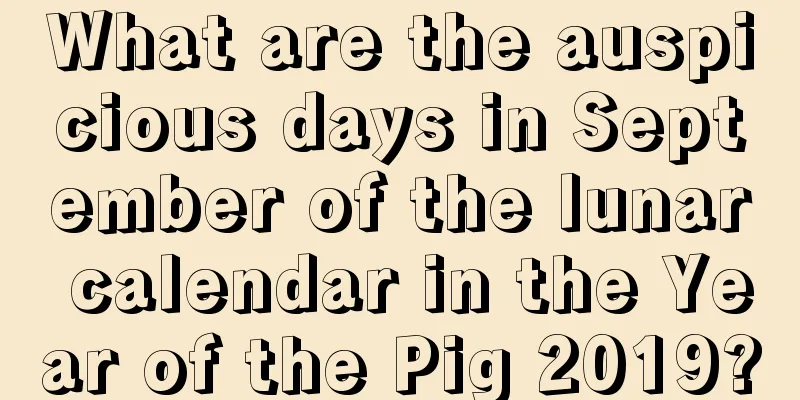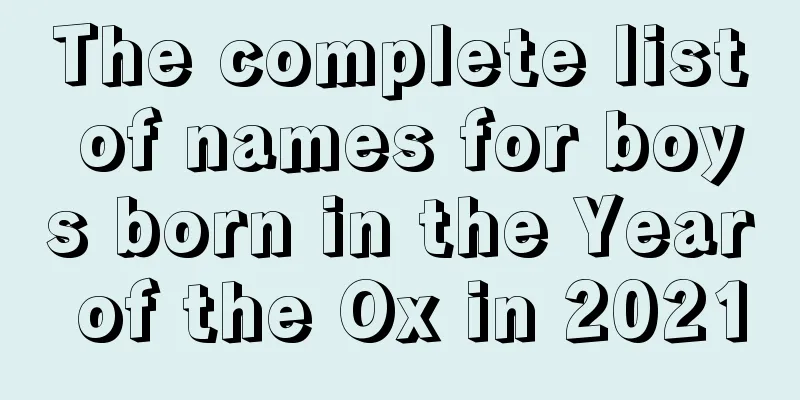What solar term comes after the Beginning of Summer? The meaning of Xiaoman solar term

The Beginning of Summer is one of the 24 solar terms. So, let’s take a look at what solar term comes after the Beginning of Summer? By March, under the warm spring sunshine, all things on earth are already full of vitality. Shuimoxiansheng.com has compiled a large amount of lunar calendar content for March 2021. Let’s take a look.What solar term comes after the Beginning of Summer?The next solar term after Lixia is Xiaoman.Introduction to the Beginning of Summer solar term: Lixia is the seventh solar term in the twenty-four solar terms and the first solar term in summer, and it falls on May 5-7 of the Gregorian calendar every year. At this time, the handle of the Big Dipper points to the southeast, and the sun's ecliptic longitude reaches 45°. The Beginning of Summer is an important solar term that marks the beginning of the growth season for all things. The almanac states: “When the Big Dipper points to the southeast, it is the beginning of summer. All things grow at this point, hence the name the beginning of summer.” After the beginning of summer, sunshine increases, the temperature gradually rises, thunderstorms increase, and crops enter a stage of vigorous growth. Introduction to Xiaoman solar term: Grain Full, one of the 24 solar terms, is the second solar term in summer. Grain Full, Doujia, when the sun reaches 60° of the ecliptic longitude, falls on May 20-22 of the Gregorian calendar every year. The Grain Full solar term means that we have entered the rainy season with heavy rainfall. The rainfall begins to increase, and there will often be continuous heavy rainfall over a large area. Lixia is the first solar term in summer among the 24 solar terms, and Xiaoman is the second solar term in summer. Therefore, Lixia is followed by Xiaoman. The meaning of Xiaoman solar termAncient Books Explanation"Collected Explanations of the 72 Seasonal Changes" says: "In the middle of April, there is the Grain Full Season, when all things are just a little full." At this time, the wheat ears are full but not yet ripe, and all things are just a little full but not yet fully grown. Explanation of Agricultural Proverbs The Grain Full solar term can also be explained from an agricultural proverb. During the Grain Full solar term, the rivers and lakes in the Jiangnan region are often full. If they are not full, it must be a year of drought and little rain. There are many proverbs in this regard. For example, in Anhui, Jiangxi and Hubei provinces, there is a saying that "If the Grain Full is not fully harvested, there will be no water to wash dishes"; in Guangxi, Sichuan, Guizhou and other regions, there is an agricultural proverb that "If the Grain Full is not fully harvested, the field ridges will dry up"; in Sichuan Province, there is also a saying that "If the Grain Full is not harvested, the plows and harrows will be hung high". The word "full" here does not refer to the fullness of crop grains, but is used to describe the abundance or scarcity of rainwater. It points out that if the fields are not filled with water during Grain Full, the field ridges may dry up and crack, and rice may not be planted even during Grain in Ear. |
>>: What is the fate of people born on March 3rd under the zodiac sign of Dog? Destiny Analysis
Recommend
Is it auspicious to hold a funeral on April 29th, the day before the summer solstice in 2020?
Introduction: It is very necessary to choose an au...
Is the 28th day of the first lunar month in 2020, the Horse Day, a good or bad day? Is it an auspicious day?
Every day is meaningful, with different fortunes, ...
What are the do’s and don’ts on March 26th of the lunar calendar in 2018?
An ancient poem says, "Fireworks are everywh...
How many Feng Shui fish should you keep to bring good fortune? How to use the Five Elements to choose goldfish?
Introduction: Nowadays, many people raise Feng Shu...
Is the 29th day of the third lunar month in 2018 a suitable date to burn incense and pray?
Introduction: In our country’s traditional culture...
Analysis of the fate of women born in the second month of the lunar calendar, what is the fate of children born in the second month of the lunar calendar?
Different people born at different times have diff...
Is the 29th day of the seventh lunar month in 2019 a good day? Is it suitable for signing a contract?
The seventh lunar month of 2019 is a short month, ...
Is the fourth day of the ninth lunar month in 2022 an auspicious day? What are the key points in fortune?
No matter how life hits us, our hearts should be f...
When is Mid-Autumn Festival? When did Mid-Autumn Festival officially become a festival?
The fifteenth day of the eighth month in the lunar...
Is April 28th, 2020, a good day? Is it an auspicious day?
Introduction: Every day has its good and bad luck,...
Detailed explanation of the Feng Shui meaning of the compass ornaments!
Introduction: The compass is a Feng Shui tool that...
Is July 14th of the lunar calendar in 2018 an auspicious day for signing a contract? What is the signing process?
It is also necessary to choose an auspicious time ...
What are the things to do and not to do on April 17th of the lunar calendar in 2020?
What are the things to do and not to do on April ...
Is it okay to sign the contract on September 24th of the lunar calendar in 2018?
Is it okay to sign the contract on September 24th ...
Is it a good time to get married on the fourth day of the ninth lunar month in 2017? Is it suitable for engagement or marriage?
The ninth month of the lunar calendar marks the b...









